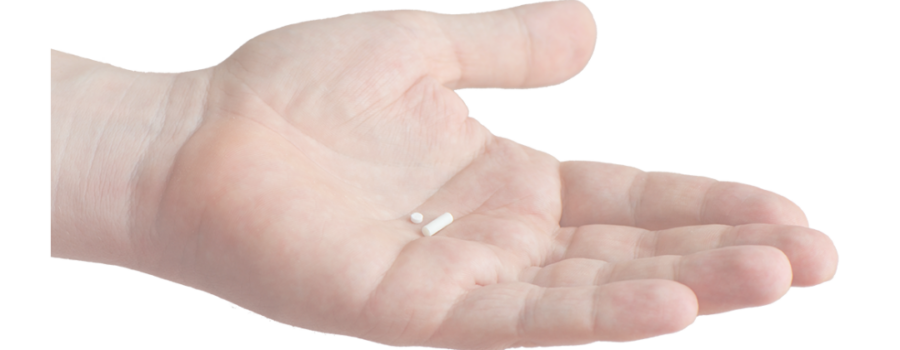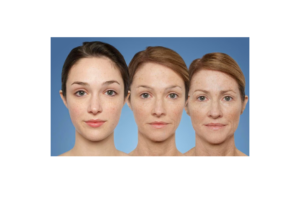Hormone replacement therapy (HRT) is a popular way to manage symptoms of hormone imbalance, such as fatigue, mood swings, and decreased libido. Among the many delivery methods for HRT, hormone pellets have gained attention for their convenience and long-lasting effects. However, despite their appeal, hormone pellets have notable drawbacks that patients should carefully consider. This article will explore the cons of using hormone pellets, helping readers make informed decisions about their health.
Understanding Hormone Pellets
Hormone pellets are small, rice-sized implants made of bioidentical hormones like estrogen, testosterone, or a combination of both. They are inserted just beneath the skin, usually in the buttocks or hip area, through a surgical procedure. Once implanted, the pellets release a steady dose of hormones over several months. While they offer benefits like convenience and consistent hormone delivery, they are not without risks or challenges.
Lack of Dosage Flexibility
One of the most significant drawbacks of hormone pellets is the lack of dosage flexibility. Once a pellet is implanted, it cannot be adjusted or removed unless surgically extracted. This rigidity can pose problems if the patient’s hormone levels need fine-tuning or if they experience side effects. Other forms of HRT, such as gels, creams, or injections, allow for easier adjustments to dosage as needed, making them more adaptable to changes in the patient’s health or lifestyle.
Risk of Hormone Overload
Hormone pellets release hormones continuously, which can sometimes result in an initial surge or “dumping effect.” This can lead to excessively high hormone levels shortly after implantation. Elevated hormone levels can cause symptoms like acne, mood swings, increased aggression, or even hair loss. For women, excess testosterone can lead to unwanted side effects like voice deepening or facial hair growth. These risks highlight the importance of closely monitoring hormone levels, which can be challenging with pellets.
Surgical Procedure and Associated Risks
The insertion of hormone pellets requires a surgical procedure, which carries inherent risks. The procedure involves making a small incision in the skin and placing the pellet under the fatty tissue. Although it is relatively quick and typically done under local anesthesia, it can lead to complications such as:
– Infection: Any surgical procedure, no matter how minor, carries the risk of infection.
– Bruising or Bleeding: Patients may experience bruising, swelling, or bleeding at the insertion site.
– Scarring: Repeated insertions can lead to scar tissue buildup over time, which might make future insertions more challenging or uncomfortable.
– Pellet Extrusion: In some cases, the pellet may work its way out of the skin, especially if the incision site is not properly cared for post-procedure.
Variable Absorption Rates
Hormone pellets are designed to release hormones steadily, but individual factors can affect how they are absorbed. Variables like body fat percentage, activity levels, and metabolic rate can cause significant differences in how long the pellets last and how effective they are. For example, highly active individuals may metabolize the pellets more quickly, leading to uneven hormone levels or the need for more frequent replacements. This unpredictability can make it difficult to maintain consistent symptom relief.
Limited Customization
Another disadvantage of hormone pellets is the limited ability to customize the hormone formulation after implantation. While compounding pharmacies can create pellets tailored to a patient’s needs, the fixed dose in each pellet cannot be modified once implanted. This is particularly concerning for patients whose hormone needs fluctuate due to factors like stress, illness, or weight changes. Other HRT methods, such as injections or patches, allow for more precise control and adjustment of hormone levels.
Potential Long-Term Effects
The long-term effects of hormone pellets are not as well-documented as other HRT methods. While they have been used for decades, there is still limited research on their safety and effectiveness over extended periods. Some experts express concern about the prolonged exposure to high hormone levels that can occur with pellets, particularly if they are not correctly dosed. This underscores the importance of thorough consultation with a healthcare provider before starting pellet therapy.
Dependency on Healthcare Providers
Hormone pellet therapy requires regular visits to a healthcare provider for implantation. This dependency can be inconvenient for some patients, especially those with busy schedules or limited access to qualified practitioners. Additionally, the reliance on a medical professional for each procedure may feel restrictive compared to at-home options like creams or patches, which provide more independence in managing hormone therapy.
Who Should Avoid Hormone Pellets?
While hormone pellets may work well for some individuals, they are not suitable for everyone. Patients who are prone to hormone sensitivity or those who prefer a more flexible approach to HRT may want to explore other options.
Alternative Hormone Replacement Options
For patients considering HRT, there are several alternatives to hormone pellets that offer greater flexibility and fewer risks:
1. Topical Creams and Gels: These allow for easy dose adjustments and are applied directly to the skin. Due to variable absorption, we generally do not prescribe topical creams or gels with the exception of locally applied vaginal estrogen.
2. Patches: Hormone patches deliver a steady dose of hormones and can be replaced regularly without the need for a medical procedure.
3. Injections: Injectable hormones provide precise dosing and can be administered at home or in a medical office.
4. Oral Tablets: While not suitable for everyone, oral hormone therapy can be a convenient option for those who tolerate it well.
At our Advanced Vitality HRT, we prioritize dosing flexibility to ensure truly individualized care. While hormone pellets may be a convenient option for some, they come with significant drawbacks that can impact treatment outcomes. The inability to adjust dosage once implanted, along with the fluctuation of dose over time, makes pellets a less adaptable choice for many patients.
We believe that customized HRT should evolve with your needs, allowing for precise adjustments to optimize your health and well-being. By considering the limitations of hormone pellets, patients can explore alternative therapies that offer greater flexibility, less dose fluctuations and personalization. Our goal is to help you find the best approach for your unique health journey.







